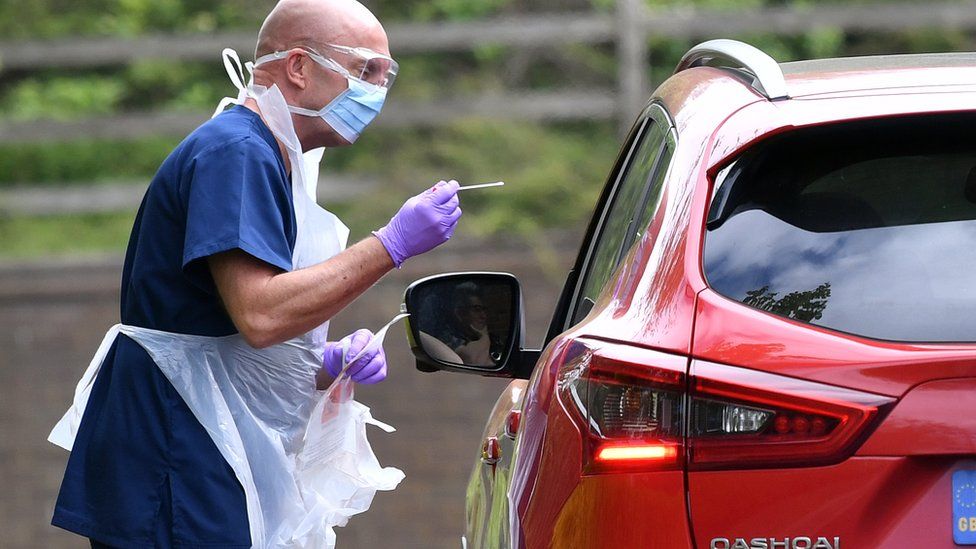Since being detected in September in Kent, a county known as the “garden of England” and popular with commuters because of its proximity to London, the B.1.1.7 variant has spread to more than 50 countries.
The strain caused enough concern to force a new national lockdown in the UK and has led to global panic.
Experts have said it may be up to 70 percent more infectious and about 30 percent more lethal than other variants.
Having ripped through the UK and rippled outwards, the Kent variant was now on course to “sweep the world, in all probability”, Sharon Peacock, director of the COVID-19 Genomics UK Consortium, told the BBC on Thursday.
She also warned that although COVID-19 vaccines have proven effective so far against the B.1.1.7 variant and other virus strains present in the UK, further mutations may potentially undermine the shots.
“What’s concerning about this is that the 1.1.7 variant that we have had circulating for some weeks and months is beginning to mutate again and get new mutations which could affect the way that we handle the virus in terms of immunity and effectiveness of vaccines,” Peacock said.
“It’s concerning that the 1.1.7, which is more transmissible, which has swept the country, is now mutating to have this new mutation that could threaten vaccination.”
New ‘variant of concern’ detected in England
The new mutation Peacock referred to, first identified in Bristol, in southwest England, has since been designated a “variant of concern” by the UK’s New and Emerging Respiratory Virus Threats Advisory Group.
There are so far 21 cases of that variant, which has what is known as E484K mutation. Scientists believe the E484K mutation may help the coronavirus evade antibodies, potentially reducing the efficacy of vaccines.
“One has to be a realist that this particular mutation has arisen in our kind of communal garden lineage now, at least five times – five separate times. And so this is going to keep popping up,” Peacock said.
“Once we get on top of [the virus] or it mutates itself out of being virulent – causing disease – then we can stop worrying about it. But I think, looking in the future, we’re going to be doing this for years. We’re still going to be doing this 10 years down the line, in my view.”
The mutation occurs on the spike protein of the virus and is the same change that has been detected in other emerging strains detected in South Africa and Brazil – known by scientists as 20I/501Y.V2 or B.1.351 and P.1 respectively.
Al Jazeera’s Rory Challands, reporting from the capital London, said Peacock’s warning was further evidence that the battle against COVID-19 is likely to be a “long-term project”.
“It doesn’t mean that this is going to be an acute public health crisis for that long, because different strains of the coronavirus have different impacts,” he said.
“Not all of them are more deadly, and once you get on top of the virus, then they all recede as a public health crisis, but you need to stay on top of the new variants as they occur so that the vaccines you are using can continue to be as effective as possible”.
The coronavirus has killed more than 2.3 million people and turned normal life upside down for billions since the pandemic erupted in December 2019.
The UK has recorded nearly four million cases and the virus has killed more than 115,000 people, one of the world’s highest death tolls.












